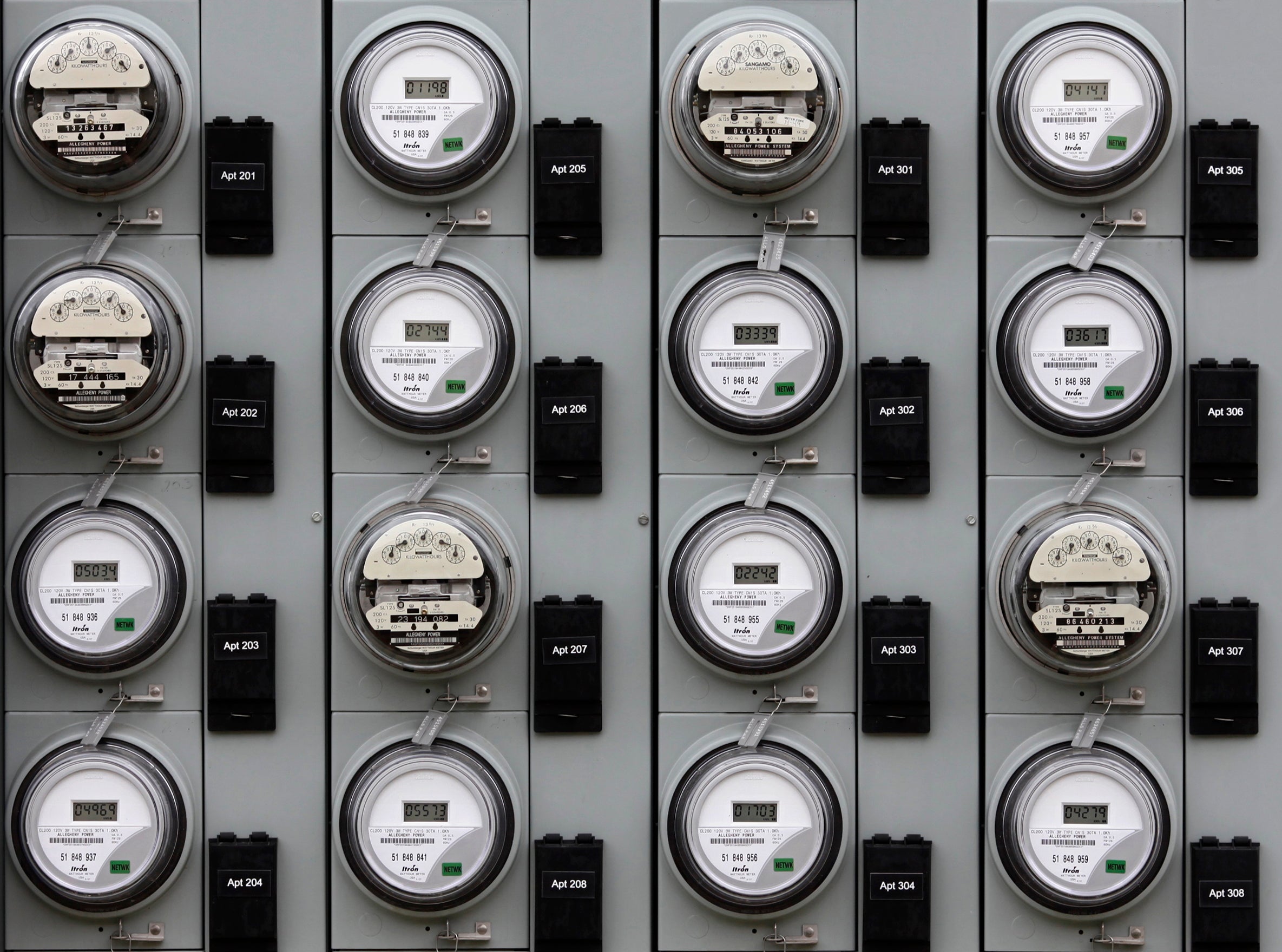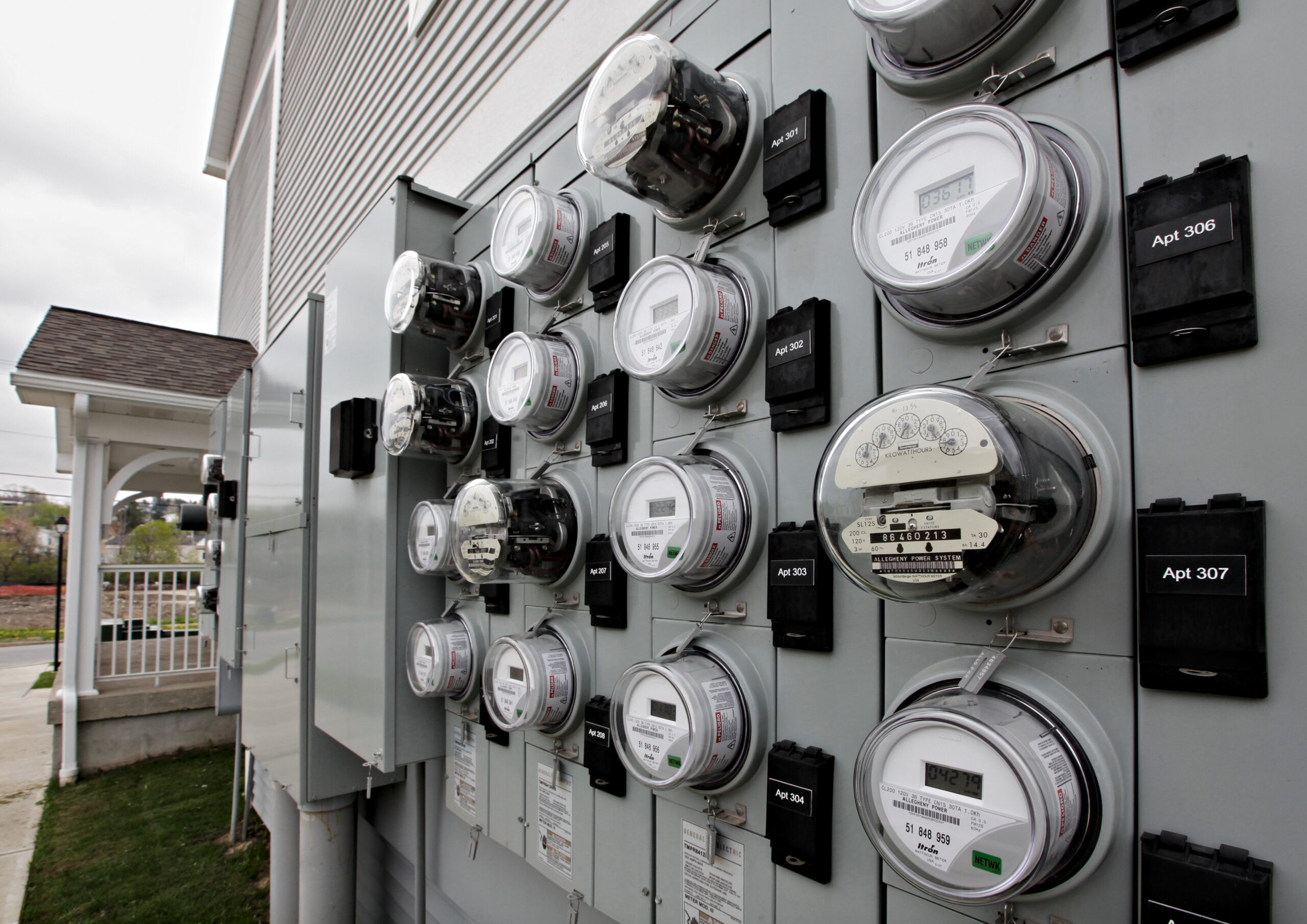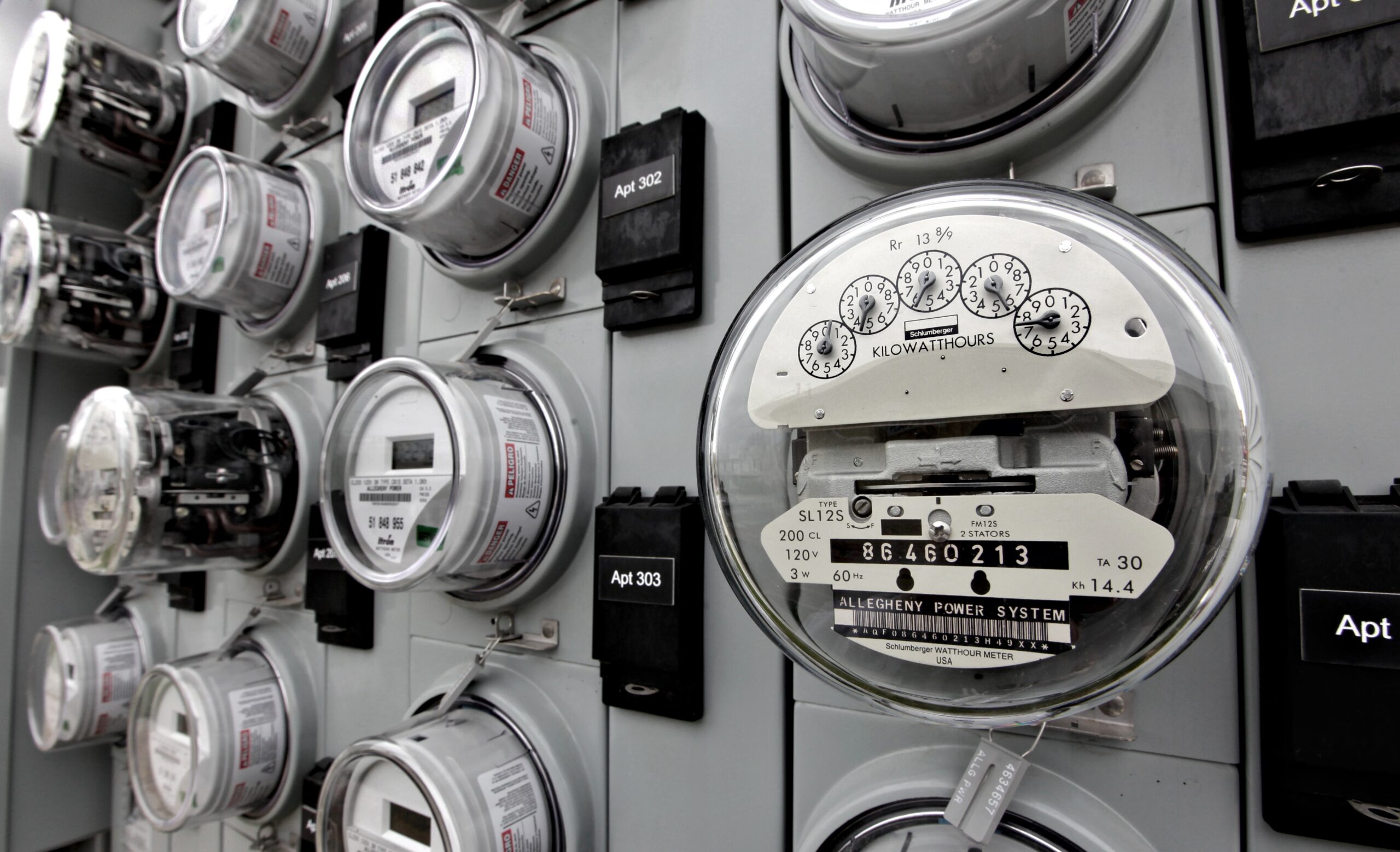Wisconsin utility regulators approved rate hikes for electric and natural gas customers served by two of the state’s largest utilities on Thursday, but they reduced profits utilities can collect amid outcry from financially-strapped ratepayers.
The Wisconsin Public Service Commission approved overall electric rate hikes of 8.8 percent for We Energies and 9 percent for Wisconsin Public Service, according to commission staff. The increase is higher than what utilities initially proposed, but less than changes they suggested later that would have shifted more costs to residential customers.
This fall, the utilities owned by Milwaukee-based WEC Energy Group asked for electric rate hikes of 13 percent for We Energies residential customers and a nearly 15 percent increase for Wisconsin Public Service, or WPS, ratepayers. That increase would have cost the average homeowner at least $14 more per month beginning in January.
News with a little more humanity
WPR’s “Wisconsin Today” newsletter keeps you connected to the state you love without feeling overwhelmed. No paywall. No agenda. No corporate filter.
Now, We Energies residential customers will see a nearly 11 percent increase that will cost them $11 to $12 more per month, according to preliminary figures from the commission and utilities. WPS customers will spend $9 more per month.
The rate hikes come as customers are struggling with rising prices and record-high inflation this year.
“It didn’t pan out too well for residential customers, particularly for We Energies,” Tom Content, executive director of the Citizens Utility Board, said. “One of the key bottom lines from the customer’s point of view was that a double-digit increase would just be unfair and hard to swallow for residential customers in 2023. At the end of the day, that’s what we’re left with.”
Commissioner Tyler Huebner noted more than 1,700 people weighed in on We Energies’ proposal to raise rates, citing cost pressures.
For natural gas, commission staff estimate rates will increase 6.2 percent, or roughly $47 annually, for Wisconsin Gas customers and 9.5 percent, or roughly $63 annually, for Wisconsin Electric Gas customers. WPS gas rates will climb 7 percent overall. With heating bills slated to rise, the utilities expect gas customers to pay $20 to $30 more per month this winter, including the rate hikes.
Utilities are raising rates as they face increasing costs due to inflation, clean energy projects and plans to increase the resiliency of its system in the face of extreme storms. Brendan Conway, spokesperson for the utilities, said they’re still evaluating the decision. Even so, he said typical bills for residential customers will remain under the national average.
Initial figures from the PSC show the two utilities combined can collect roughly $503 million more next year despite commissioners voting 2-1 to reduce profit margins for utilities to 9.8 percent. That’s a savings of roughly $20 million for ratepayers.
Commissioner Ellen Nowak voted against lowering their rate of return on utility investments amid rising interest rates, record-high inflation, market instability and a looming recession.
“It might just lead to then a boomerang increase in the next cases,” Nowak said. “Then, that I think moves Wisconsin out of our reputation that we’ve earned over the years for promoting stability.”
PSC Chair Rebecca Cameron Valcq said profit margins need to be lowered to keep costs “as low as possible” for customers. Huebner agreed.
“I do think it’s appropriate to go down a little bit because we’ve been above average, but I don’t think we should go too far because the market is changing literally under our feet,” Huebner said.
Groups like the Citizens Utility Board and Clean Wisconsin had sought to lower profit margins to 9 percent while We Energies and Wisconsin Public Service had urged against any reduction.
“We Energies’ parent company made $1.3 billion in net profits for shareholders last year. It’s past time for utilities in Wisconsin to prioritize helping customers save energy over excessive profits,” Clean Wisconsin said in a statement.
The utilities have said reducing their profits would cause “real risk of financial harm” through lower stock prices and credit ratings that could affect borrowing costs for capital projects. The utilities are currently amid a clean energy transition as they retire coal plants and shift to renewable energy. WEC Energy Group maintains investments by its utilities in the clean energy transition, along with federal incentives under the Inflation Reduction Act, will save customers $2 billion over the next two decades.
Utilities had also reached a settlement this fall with groups as part of an effort to keep costs down for customers, but commissioners rejected parts of the deal on Thursday. That included a proposal to refinance $100 million that’s yet to be paid off from investments in pollution controls at the South Oak Creek coal plant in Milwaukee County. The plant is set to be retired in 2025. Utility regulators want to revisit the matter next year with We Energies.
Content, of the Citizens Utility Board, said the ratepayer advocacy group is closely focusing on refinancing, especially as coal plants remain online longer. However, the state’s settlement law only allows refinancing of costs tied to pollution controls. He said the state Legislature should consider allowing all costs to be refinanced as coal plants are shut down.
Commissioners did retain some measures reached under the agreement, including writing off $34 million in customer late fees from the COVID-19 pandemic. WPS customers will also see their fixed monthly charges lowered to under $18, which is less than the settlement proposed. It’s unclear whether all parties to the deal will agree to the changes. But Valcq repeatedly voiced opposition to the idea that commissioners should “rubber stamp” such agreements.
“If that’s the way the settlement law is supposed to work, then I don’t agree with it at all,” Valcq said. “I don’t think it should absolve us of our duty of balancing the interests of all customers and shareholders.”
The commission is expected to finalize and approve a written order on its decision this month. We Energies serves more than 1.1 million electric customers and 1.1 million natural gas customers in Wisconsin. Wisconsin Public Service provides electricity to 457,000 electric customers and 338,000 natural gas customers.
Wisconsin Public Radio, © Copyright 2026, Board of Regents of the University of Wisconsin System and Wisconsin Educational Communications Board.






